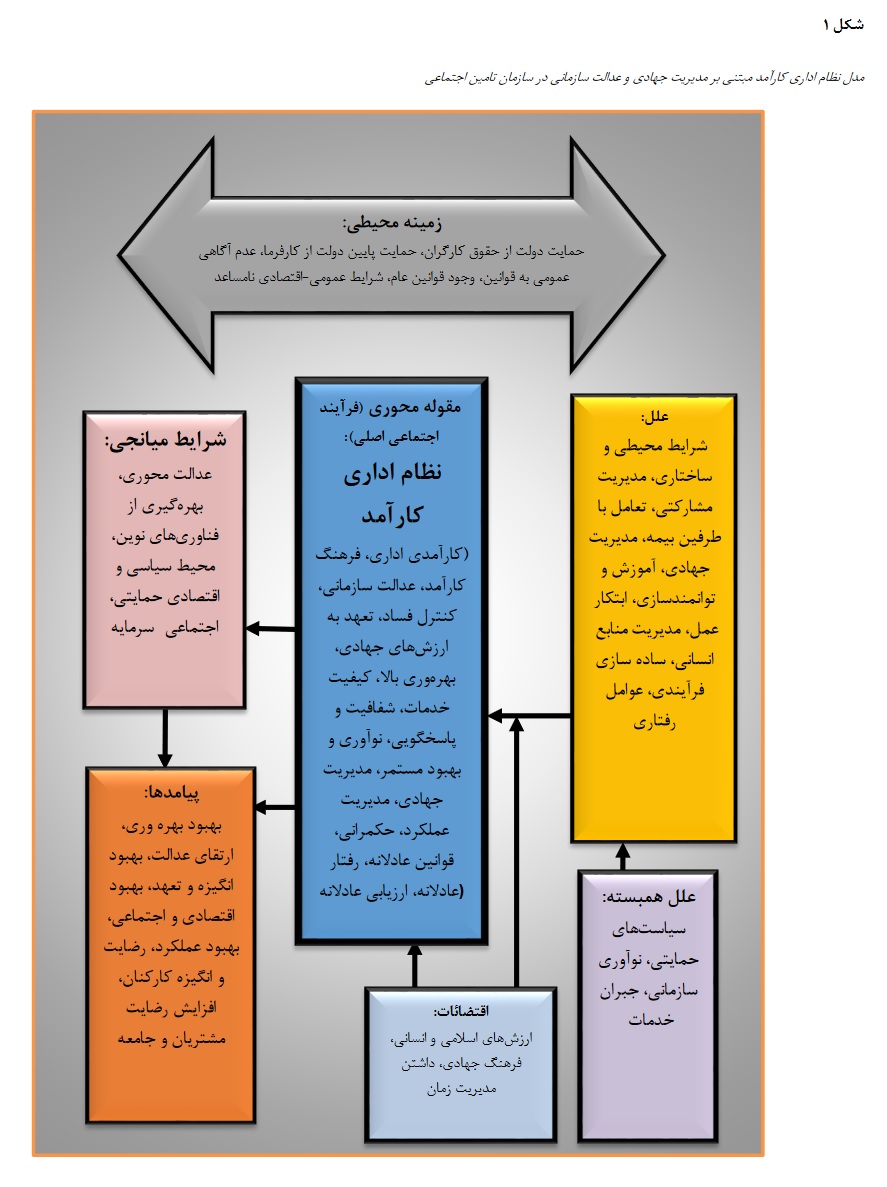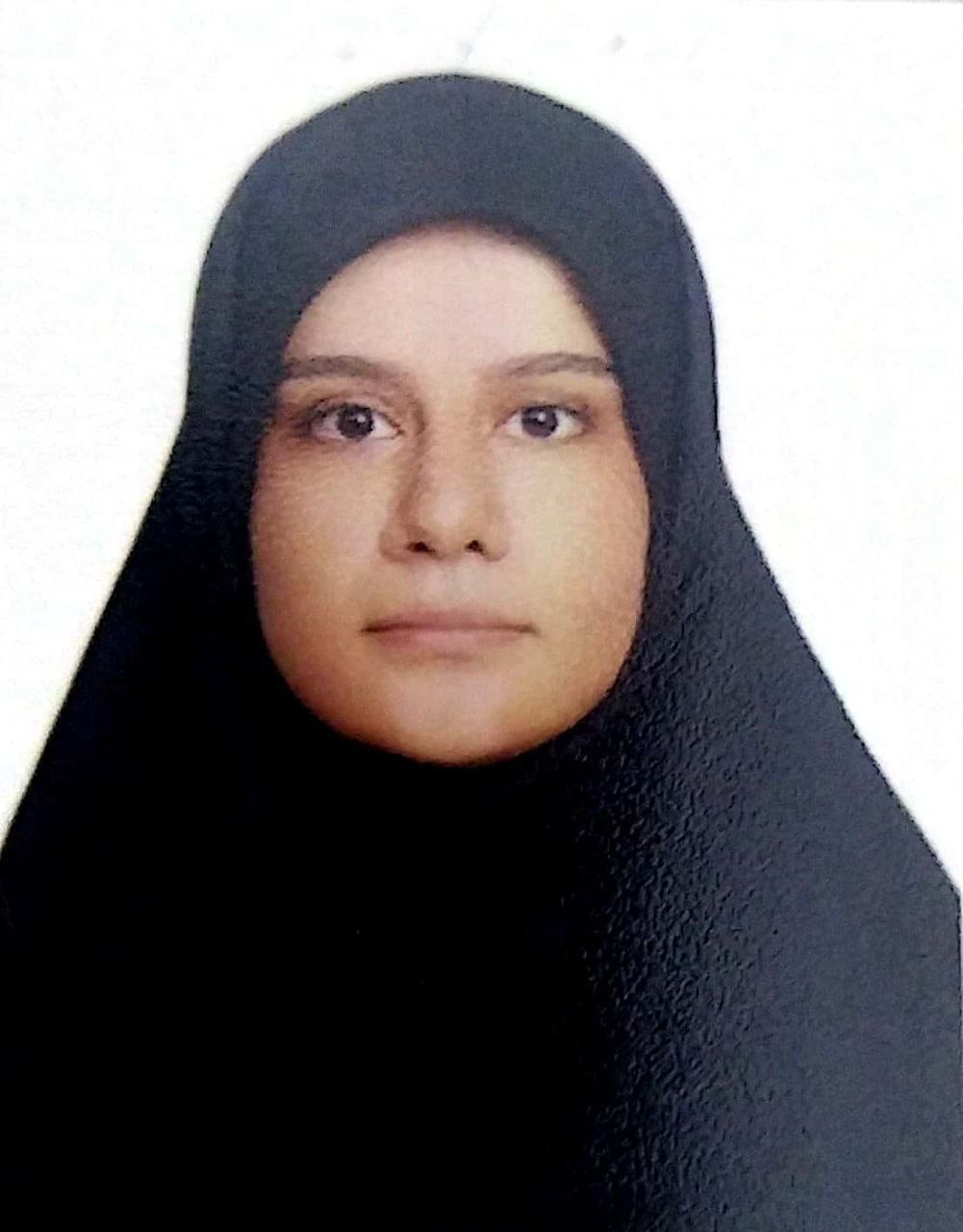Designing an Efficient Administrative System Model with a Jihadi Management and Organizational Justice Approach (Case Study: Social Security Organization)
Keywords:
Model design, Efficient administrative system, Jihadi management approach, Organizational justice approach, Social Security OrganizationAbstract
The Social Security Organization, as one of the largest institutions providing social and insurance services in Iran, plays a significant role in ensuring the social and economic security of various segments of society. The objective of this research is to present a model of an efficient administrative system based on justice-oriented and jihadi management principles. This research follows an interpretive philosophy, an inductive approach, a qualitative method, and a grounded theory strategy with an emergent approach. The study population consists of the Social Security Organization, where the qualitative sample includes individuals with at least 10 years of work experience who possess theoretical and practical knowledge related to the research topic and understand the efficient processes of the administrative system within the Social Security Organization. Out of these individuals, 21 were selected as the sample through purposive sampling. To assess the validity of the research, the four criteria of Lincoln and Guba (1987) were used. The findings revealed that 548 initial codes were extracted, categorized into 104 categories and 31 components. For theoretical coding, Glaser's "6 Cs" family was utilized. In this context, the causal components include environmental and structural conditions, participatory management, interaction with insurance parties, jihadi management, training and empowerment, initiative, human resource management, process simplification, and behavioral factors. The correlational factors include supportive policies, organizational innovation, and service compensation. The contingencies involve Islamic and human values, jihadi culture, and time management. The mediating conditions consist of justice-oriented principles, utilization of modern technologies, a supportive political and economic environment, and social capital. The outcomes encompass improved productivity, enhanced justice, increased motivation and commitment, economic and social improvement, better performance, employee satisfaction and motivation, and increased customer and societal satisfaction. Finally, the environmental context includes government support for workers' rights, low government support for employers, public unawareness of laws, the existence of general laws, and unfavorable general-economic conditions.
Downloads






















